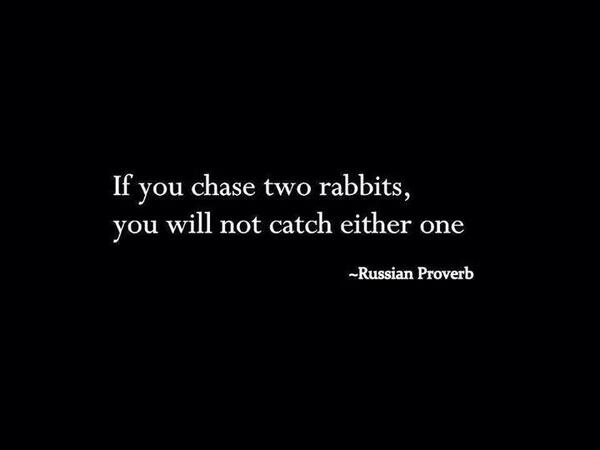But the question is,
who set the deadline for the task?
For us working members of the society, we have after-work hours and weekends to do our personal things. For those of us who work over-time and/or weekends, we have even lesser time to do so. But here's what I found out, many people (including myself) have things to do but when the time frame is too short, they tend to postpone it to another day to do - in which could be a week or more away. However, if there's a bigger time frame, some would be puzzled as to do which things first and often this "planning of things to do" takes up half the day.
Sounds familiar? It has happened to me too. But I learned a few things from this:
#1. Prioritizing things - Figure out the urgency and importance of each thing/task. If you don't know how to differentiate the importance level between one task from the other, ask yourself this "If I don't this, what then?" If there's no impact, then's there's no real importance (and even urgency to it).
#2. Plan ahead - Plot your schedule and things to do over the weekend or even for after-working hours. Plan it for the next day, give you time some preparation for it, so that you can reduce the last minute items (preventing "Oh dang, I forgot this, oh well, another time-lah). "Well, I don't have time for it" Yea, you're busy. Who's not busy? It's even more essential to plan for it, especially if you've got things to do and they needed to be done, right? That way, you're actually making time for it (you'll get a feel good factor about it too) and it's much easier to sort out the things right?
#3. Do things, one at a time - Multi-tasking is a myth. What seems like people can do many things at the same time, is actually people doing switching of tasks quickly. And using the power of leverage on technology and/or people, of course (I'll explain more about this in #4. Anyone can do that, just not at the same speed. Most people get stuck here, because they want to do two or more things at the same time. But if you plan for it or you're already an expert at it, it's do-able. We'll come back to this at #4. Meanwhile, you can actually get things done once you figure out which thing is easier to do and which is more complex. Then, you can work out the "magic".
#4. Leveraging on technology and/or people - with today's accessibility to knowledge and experts, it's not that difficult to know what and who can help us. All we need to do is ask and/or push a couple of buttons to do so. While some people still prefer to wash their own cars, you can get other people to wash it for a fair price while you do your own things/chores. Another example would be washing clothes. Hardly anyone I know washes their clothes with their own hands (with the exception of some clothes requiring hand-wash). For most of our clothes, I think our washing machines can handle them. That's how people can do many things in a shorter period of time. Multi-tasking is a myth. Rather people actually just switch between things/tasks so quickly which made it seem as if they're doing it at the same time. If you have technology and/or people to help you, it's most certain that you can achieve/complete many things in a shorter time.
For things that requires your quick action, I believe that should be your priority. Do your best to clear outstanding items so that you can make room/time/space for more important things. For everything else that can be done in a slower pace, take your time and enjoy the process. The saying of Rome was done built in one day, makes a lot of sense here.




